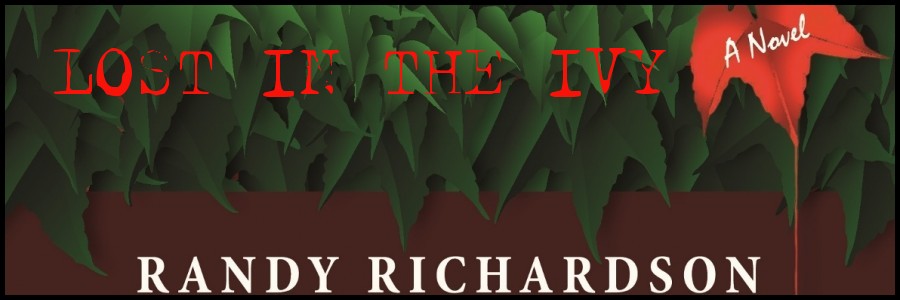Blowing in the wind
 Wednesday, November 1, 2006 at 10:28AM
Wednesday, November 1, 2006 at 10:28AM In a writer's world, there are two kinds of readers: pre-publication and post-publication.
To a writer, each of them is vitally important. Without the pre-publication reader, there would be no book to read. And without the post-publication reader, a writer cannot make a living.
As a writer, you hope that you have a lot more post-publication readers than you do pre-publication readers. If you don't, then you probably need to find some new pre-publication readers.
The vast majority of people are post-publication readers. They see a book only in its final form. After it has been polished to perfection and wrapped up in a nice package.
A select few are pre-publication readers. They see a book in its rawest form. Word or .pdf documents of fledgling chapters come to them in their e-mail inbox, sent by insecure writers fishing for guidance or reassurance.
You might think that it would be better to be a post-publication reader than a pre-publication reader. They get only the best that the writer has to offer.
Or do they?
I started wondering about that after receiving an e-mail from one of my pre-production readers commenting on one of the chapters from the book I am currently working on.
Over the past couple of months, I have sent to this particular reader a total of eight chapters. Sometimes, a chapter at a time. Other times, a couple chapters. Or, as I did most recently, all eight chapters as one.
The difficulty for him, as a reader, is that each time I send him new material, it almost always means that I've changed something that he's previously read. In most cases, the changes are subtle. But in others, they are more obvious.
You see, the story is always developing, changing, evolving. That's what the post-publication readers never see. They don't see what went into a book. The pre-production reader, in contrast, gets a glimpse into the writer's mind as he is writing.
This past Sunday was a perfect autumn day in Chicago, clear and crisp, blustery winds blowing fallen leaves. The football Bears, clad in bright orange jerseys, turned Soldier Field into a pre-Halloween Monsters of the Midway party. It was the stuff of fiction.
And in a backyard in a southwest suburb of Chicago, the pages of the first eight chapters of my novel-in-progress took to the wind. Fluttering around with the leaves, as a father and his son laughingly chased after them. The pages were all recovered, only to discover that they were unnumbered and could not be pieced back together.
That's the story the reader told me, before he went on to tell me that he'd been disappointed with the initial version of chapter four that I had sent him. He found it to be clunky, overwrought, difficult to read – "cumbersome" was the word he used. Then he goes on to tell the writer how the latest revision of the chapter is, in his words, a "wonderful improvement." The potholes had been paved. The ride was a whole lot smoother. And the writer smiles.
The reader's story of my story being carried away in a gust of wind could serve as a metaphor for my writing. I struggle to maintain control of it. Oftentimes, it seems to get away from me and I find myself chasing after it. When I retrieve it, I try to piece it back together in a way that better reflects what had been in my mind all along. Sometimes, I succeed. Other times, I don't. When I don't, well that's what revisions and pre-production readers are for.
The way to better writing? The answer, my friend, is blowing in the wind.


